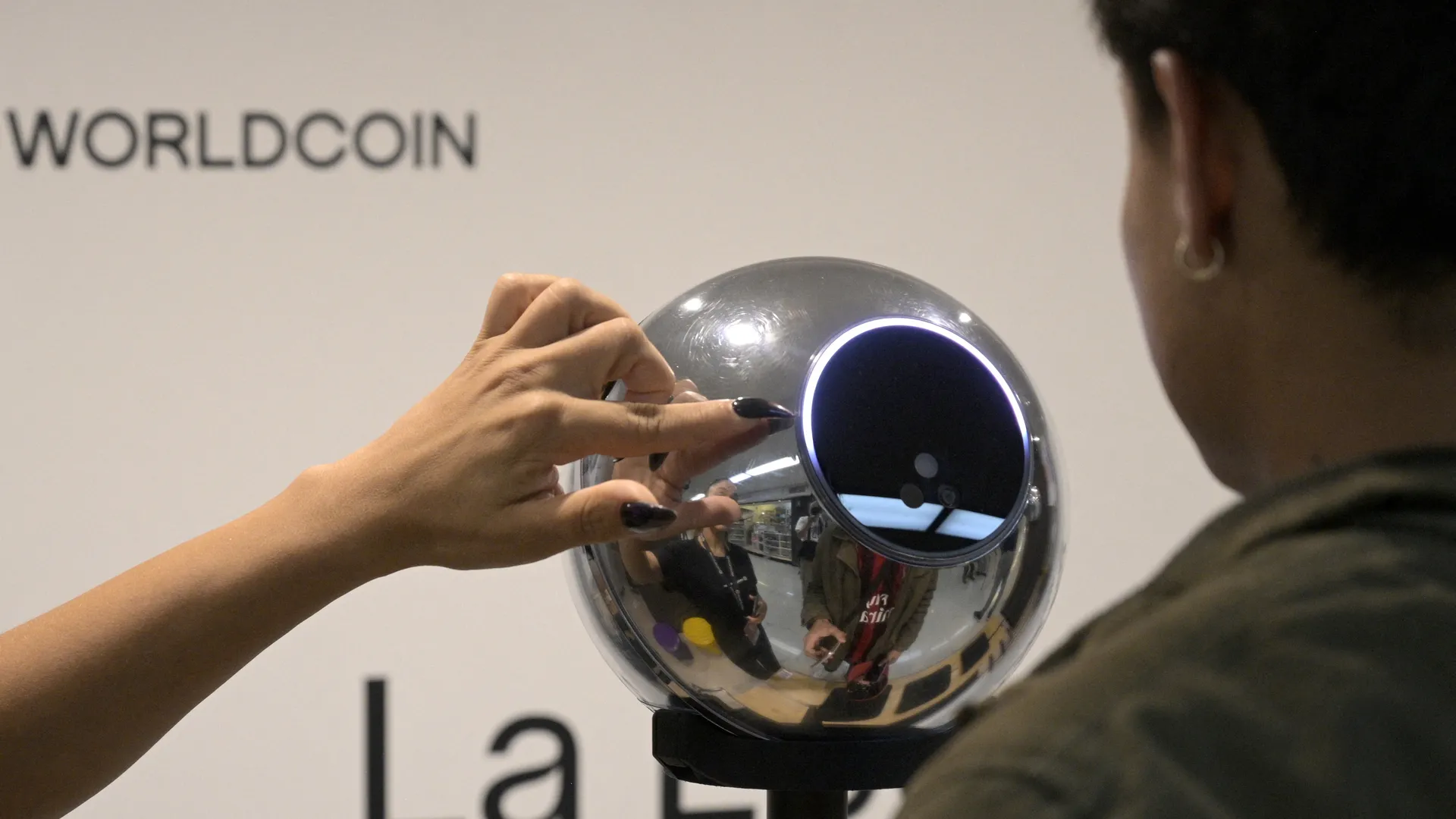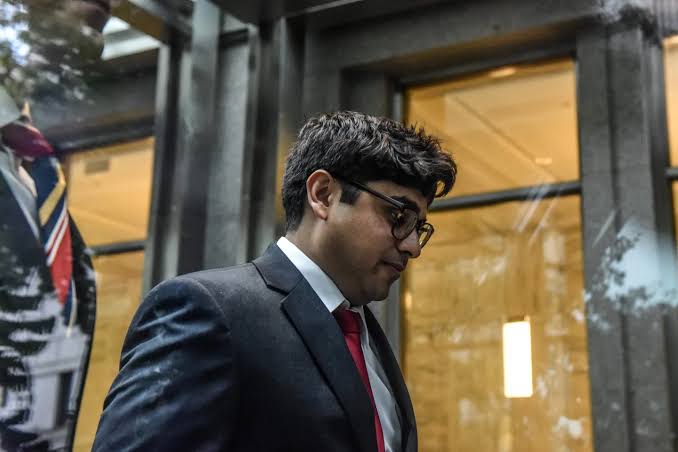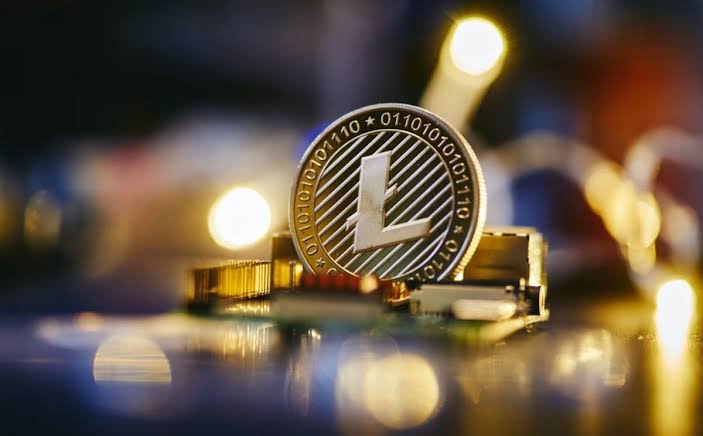Worldcoin, the Sam Altman-founded “proof of personhood” currency that scans eyeballs became “World” on Thursday. In San Francisco, the company unveiled its next-generation iris-scanning “Orb” and other technology
World co-founder and CEO Alex Blania claimed the startup’s prior name “just doesn’t work anymore,” suggesting it wants to expand beyond Bitcoin. Eye-scanning was thought to unlock Worldcoins, but the founders say it never happened.
Blania told TechCrunch at a press conference that OpenAI CEO Sam Altman works at World, but the two businesses have separate purposes. In the future, World’s cryptocurrency could be integrated into ChatGPT, Blania said.

“He’s been a co-founder since the beginning. Two times a week, we talk. He’s involved in all choices, Blania told TechCrunch.
“Of course, he’s focused on OpenAI,” Blania said. How important is OpenAI to the World’s success? No, I think not. These are two very different purposes, and I think AI is going where it’s going, and we think what we built here is critical infrastructure for the globe, and that won’t change.”

World is based on the concept that powerful AI systems like Altman’s OpenAI would make it impossible to detect if you’re talking to a human online.
Blockchain-based “human verification services” are its solution. The company also plans to distribute AI wealth through Worldcoins to make AI benefits available to everyone.
If this seems suspicious, you’re not alone. Kenya, the EU, and other governments have investigated and stopped Worldcoin for privacy, security, and financial issues.
Some EU investigations are underway, and World’s fate is uncertain.
Onstage Thursday, Altman and Blania explained World’s four-step plan. He stated the first and second steps—developing the Orb and constructing a blockchain-based distributed ownership network—are complete.
Before spreading AI gains, we must complete the third step: scale.
World announced a new blockchain and app on Thursday, all of which focused on scaling up its 7 million certified persons.
World must scan more eyes worldwide to do it. So, on Thursday, the business introduced its next-generation Orb.
The startup guaranteed everyone (including TechCrunch) at the live event an Orb to take home, but it’s unclear how they’d utilize it.

New Orb contains fewer parts, is easier to mass-produce, and operates three times faster. World announced a cooperation with Latin America’s top delivery service, Rappi, to allow home Orb verifications and coffee shop verifications.
World launched Deep Face on Thursday to combat online deepfakes and impersonation using its human-verification services. The business said Deep Face might enhance FaceTime, Zoom, and X but did not explain how.
The business also launched a test of its World ID credential, an online government ID alternative.
They aren’t meant to replace national IDs, an executive explained during a news conference, but might enable users verify their identities online without giving out too much additional information, like they might by uploading a driver’s license or passport.
Adoption may hinder World’s progress. World urged attendees to show their government-issued ID at the event. Giving your name to a cryptocurrency firm founded by Sam Altman, who has been accused of lying to OpenAI’s board, is difficult for most individuals.



